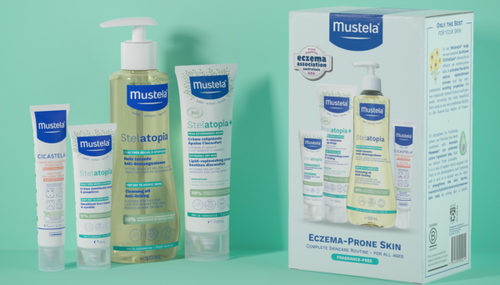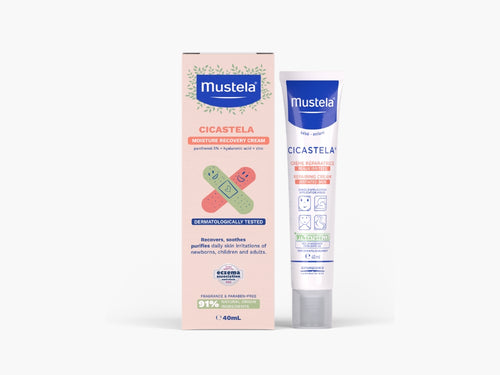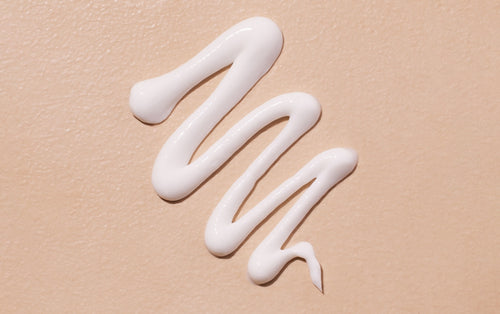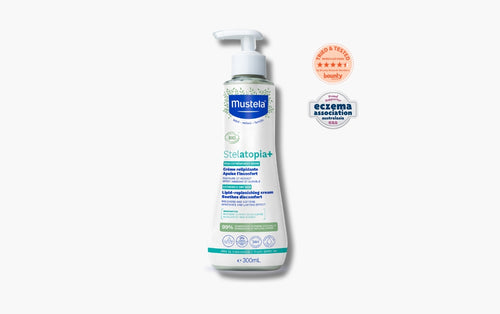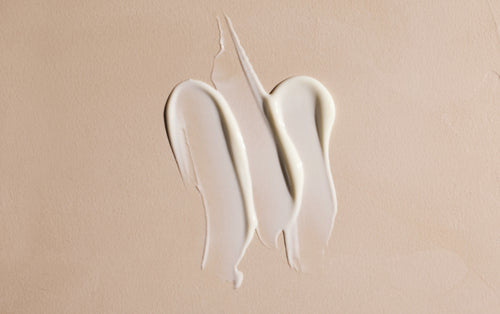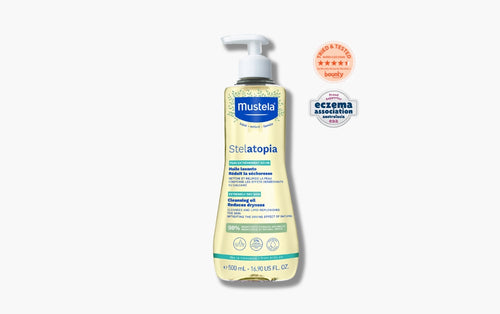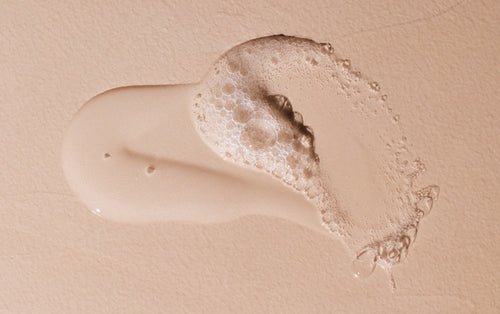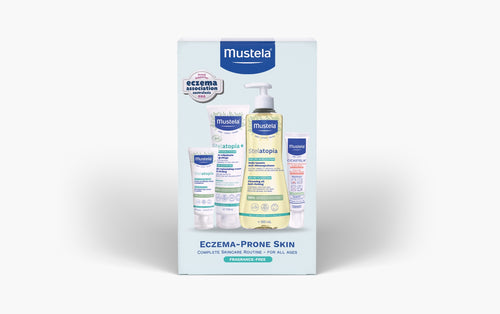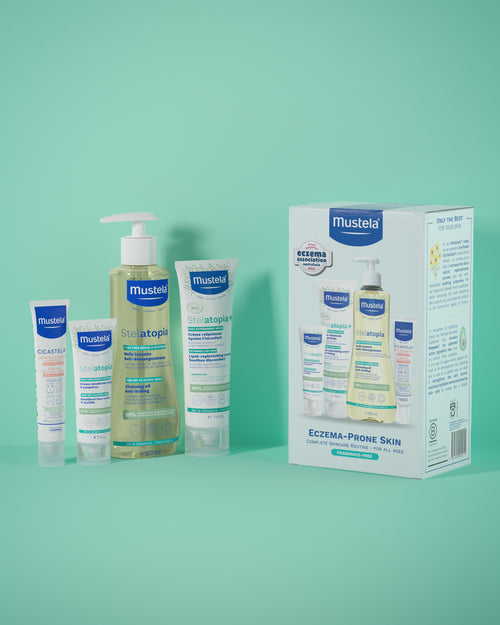Parabens
Cheap and widely used preservatives in cosmetics. According to studies, parabens may alter the body's hormonal balance, which could negatively affect both men's and women's fertility.
It's interesting to note that since 2014, paraben-containing cosmetics in Europe have been prohibited from including isopropyl, isobutyl, phenyl, benzyl, and pentyl. Additionally, butyl-paraben and propyl-paraben have been restricted from leave-on products intended for young children's nappy areas since they may penetrate the skin more deeply than on non-irritated skin. In Australia, however, it is still legal to use these preservatives in skincare products!
Phthalates
Fragrances, hair products, skin products, and especially nail polish all include phthalates since they are so effective at stabilising fragrances, improving absorption, and promoting spreadability. Phthalates have been linked in recent years by studies to breast cancer, asthma, neurodevelopmental problems, altered reproductive development, and problems with male fertility.
Unsettlingly, a research released in May 2016 indicated that babies were more likely to have phthalates in their urine than babies whose mothers did not use infant care items such baby lotion, shampoo, and powder. Due of these worries, Australia has outlawed the use of certain phthalates in cosmetics, including dibutyl phthalate, diethylhexylphthalate, diisobutylphthalate, and di(methoxyphenyl)phthalate.
Formaldehyde-releasing preservatives
-
Preservative such as DMDM hydantoin, quaternium-15, diazolidinyl urea, imidazolidinyl urea, polyoxymethylene urea, sodium hydroxymethylglycinate, bromol and glyoxal can irritate skin, eyes, nose and the respiratory tract.
Over time, these preservatives slowly release small amounts of formaldehyde. The steady release of small amounts of formaldehyde is concerning since formaldehyde at low levels might have negative effects on health.
According to a 2015 study, formaldehyde emission from items containing these preservatives is increased by extended storage times and higher temperatures, which may ultimately result in more serious health issues. Additionally, a 2021 analysis of the literature on formaldehyde exposure in the workplace demonstrates a connection between formaldehyde and leukemia.
-
Quaternium-15 is highly sensitising and is found in blush, mascara, lotion and shampoo.
-
DMDM Hydantoin is found in lotion, sunscreen and make-up remover and is one of the least sensitizing of these formaldehyde-releasing preservatives.
-
Imidazolidinyl urea, diazolidinyl urea, and polyoxymethylene urea are found in shampoo, conditioner, blush, eye shadow, and lotion. They are all known human allergens.
-
Sodium hydroxymethylglycinate is found in shampoo, moisturizer, conditioner, and lotion. Animal studies have shown that sodium hydroxymethylglycinate has the potential for sensitization and dermatitis.
-
Bromopol is found in nail polish, makeup remover, moisturizer and body wash. Bromopol is considered safe in concentrations less than 0.1%.
-
Glyoxal is found in conditioner, lotion, nail polish and nail treatment.
Vitamin A
Women are advised to avoid applying vitamin A-based skincare on their skin during pregnancy.
Vitamin A (in forms of retinol, retinoic acid, tretinoin, isotretinoin, retinyl palmitate, retinyl propionate, retinyl acetate etc) is often used in skincare products, as it has been scientifically found to be an effective and beneficial cosmetic ingredient;
- It helps reducing the appearance of fine lines and wrinkles
- It helps even out skin tone and improve sun damage spot and pigmentation
- Helps treating acne
BUT…there’s one big BUT. Too much Vitamin A can potentially be harmful during pregnancy. High levels of this vitamin (both taken orally and applied topically) may interfere with the development of the growing baby and cause deformities, especially of the face and palate. World Health Organization recommends not to exceed 10,000 IU [preformed] vitamin A (3000 μg) at any time during pregnancy.
Hydroquinone
A common depigmenting (skin-lightening) substance is hydroquinone. According to estimates, after being applied topically to people, 35–45 percent of this substance is systemically absorbed (the amount that enters the blood stream). However, because of the paucity of studies, scientists are unsure whether or not this quickly absorbed chemical is linked to an increased risk of severe abnormalities. So why take a chance?
Phenoxyethanol
A widespread and inexpensive preservative used in cosmetics is phenoxyethanol. This preservative is substantially "safer" than parabens because of its lower cytotoxicity rating. But according to study, it can easily penetrate skin and has a greater skin irritation rating.
It would be smart to avoid this chemical during pregnancy as the skin frequently becomes more sensitive during this time. Phenoxyethanol should not be accidentally consumed, advises the FDA, as it can be poisonous and hazardous to newborns. Consumption may cause a central nervous system depression and result in the incidence of diarrhea and vomiting. Additionally, to limit the possibility of passing the chemical on to the baby when breastfeeding, new mothers should avoid using skincare products that include phenoxyethanol.
Sodium Lauryl/Laureth Sulphate (SLS/SLES)
Cheap detergents known as SLS and SLES are frequently found in shampoo, body wash, and baby soap. SLS is employed in clinical testing all around the world as a main skin irritant control since it is a well-known skin irritant. As the skin is frequently more sensitive during pregnancy, it would be prudent to avoid.
Did you just find several of these ingredients on the label of your current skincare products? Don’t worry – Mustela can help you out.
We manufacture clean & expert skincare products of natural origin for babies from birth, pregnant woman, nursing Mums and the rest of the family.
We choose to be natural:
-
We offer VEGAN formulas
-
Our approach is based on the EXCLUSION of GMOs and limiting the use of PESTICIDES
-
We GUARANTEE quality, safety and respect for the environment and human conditions
-
We source our active plant ingredients with respect for BIODIVERSITY and people
-
We MANUFACTURE 96% of our products in France, in our Epernon factory.
-
We exclude proven endocrine disruptors from our formulas
-
Our products are tested by an independent scientific laboratory specialized in endocrine disruptors
-
We ban a RED LIST of ingredients from our formulas, with restrictions that go beyond the European regulations, already known as one of the strictest and safest in the world.


